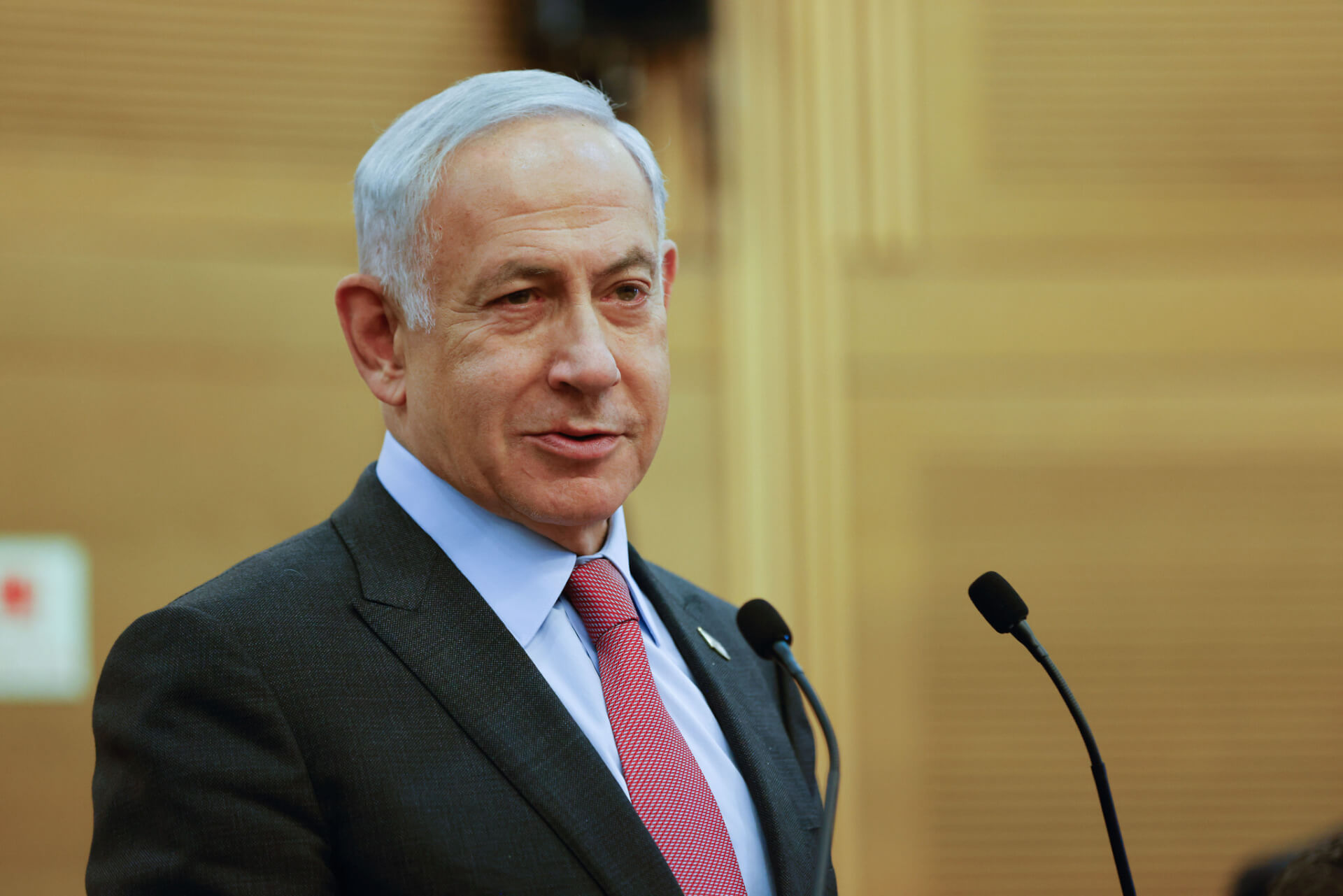Indian PM Narendra Modi has written to the leaders of G20 nations to provide the African Union full membership of the grouping at the upcoming summit in New Delhi. Expanding the G20 membership will be a step toward having a more inclusive global architecture.
Pakistan has received a $1 billion loan from China to help it bide time in anticipation of the IMF releasing funds from its bailout programme. Pakistani Finance Minister Ishaq Dar also said that talks for a $ 2 billion swap are underway with China.
On Sunday, Israeli PM Benjamin Netanyahu said his country opposes any deal between the US and Iran over the latter’s nuclear programme. Responding to reports that Washington and Tehran are on the verge of a mini nuclear deal, Netanyahu said that “more limited agreements [with Iran] are unacceptable to [Israel].” “We will do whatever we need to do in order to defend ourselves, with our own forces, against any threat,” he stressed.
According to a Bloomberg report, leading US chip manufacturer Micron Technology is nearing a deal to invest $1 billion in establishing a semiconductor packaging facility in India. The deal is expected to be announced later this week during PM Narendra Modi’s visit to the US. Recently, China banned Micron chips from critical infrastructure projects.
According to a report on Monday, a free trade zone deal might be signed by the end of the year between Iran, Russia, and several other countries that encompass the broad Eurasian region ranging from the boundaries of Eastern Europe to Western China. In an interview, Russian Deputy PM Alexei Overchuk stated that discussions between the Eurasian Economic Union (Armenia, Belarus, Kazakhstan, Kyrgyzstan, and Russia) and Iran are close to finalisation. “We are moving forward,” Overchuk said. “We very much hope that such an agreement can be signed by the end of the year.”
Multiple lines of evidence analysed by The New York Times, ranging from initial engineering plans to interviews with dam failure experts, suggest that the Kakhovka dam in Ukraine was built to withstand almost any external attack. Accordingly, in an article released on Friday, the NYT posited that the dam’s collapse was not an accident; rather, Russia blew it up from within. The dam was built with a massive concrete block at its base. A small passageway is reachable from the dam’s machine room. According to the evidence, an explosive charge detonated and demolished the dam in this passageway.
According to a recent study conducted by the Pew Research Center, it was found that approximately 98% of Muslims in India enjoy the freedom to practice their religion without any hindrance. Interestingly, while the remaining 2% said they were “not too free,” almost no one reported being “not at all free.” This is in sharp contrast to the United States Commission on International Religious Freedom (USCIRF), in its yearly report, suggesting the inclusion of India in a list of 17 countries labelled as ‘Countries of Particular Concern.’ This recommendation was made to the State Department with the intention of highlighting nations where religious freedom is a matter of concern.
Thailand will host talks with the foreign minister of Myanmar’s military government on Monday. Member countries of the Association of Southeast Asian Nations (ASEAN) said they would not be part of the meeting.
On Sunday, the Chinese embassy in London condemned a Friday meeting between Britain’s security minister, Tom Tugendhat, and Taiwan’s digital minister, Audrey Tang, wherein they discussed mutual security interests. China accused the move violated “the one-China principle and the basic norms of international relations.”

